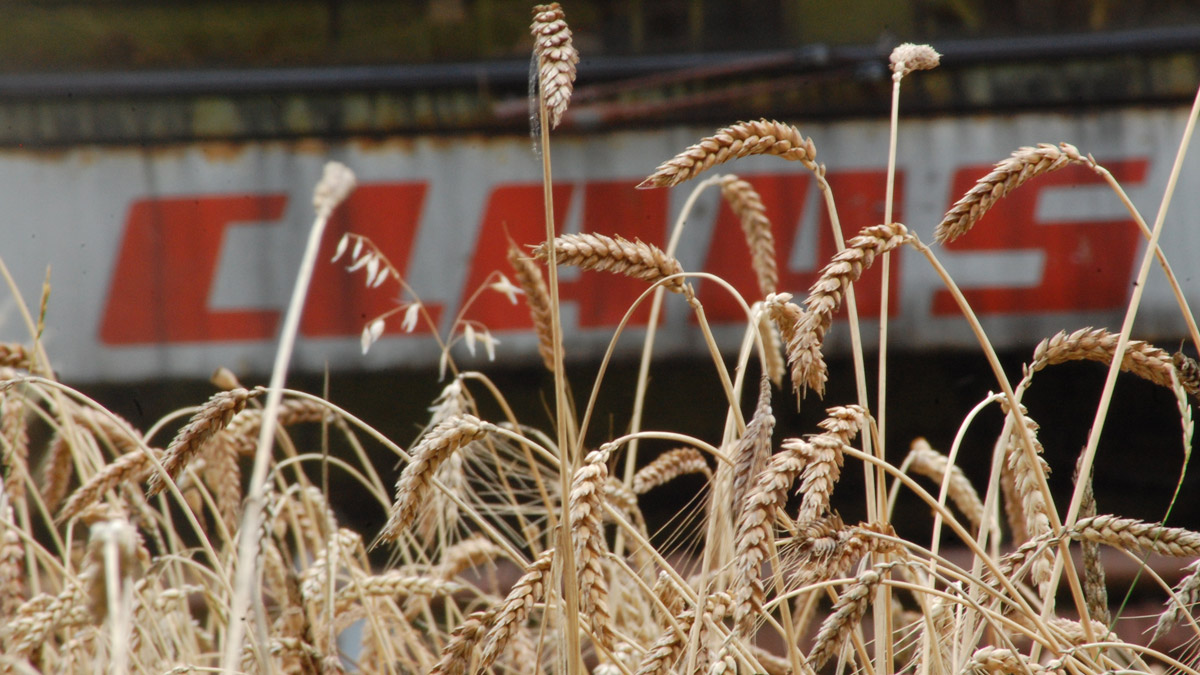For many years Waltham Place has grown grain, both for flour milling and for animal feed: Wheat, oats, barley, rye and triticale. However, in recent years we have found ourselves considering the impact of modern wheat flour on the food supply chain and its prevalence as an ingredient in so many products. With the rise in gluten intolerance and coeliac disease, evidenced by those who visit our tearoom and attend our bread making courses, we began to look back in time for alternatives. The conventional farming system has honed the production of wheat to such a degree that it has now become unrecognizable to its forbears. Through experimentation, discussion, research and advice we have now established a mixture of grains that have a direct relation to their ancestors, Einkorn, Emmer and Spelt, sourcing seed from different sources which include eastern European and Asian origin. In particular, the golden crescent which heralded the beginning of cereal evolution.
We have spent the last five years gathering information and seed samples, planting and harvesting, and replanting and harvesting. In 2020 we harvested enough grains to plant out ten acres with varieties of ancient wheat. To separate us out from the crowd, we are establishing a landrace (blend) of various grains with the goal of producing our own flour, from our own seed, to make our own bread.










